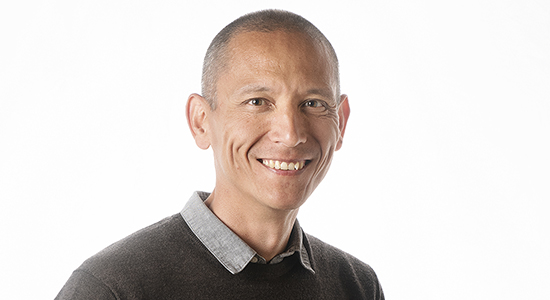Muscle growth and metabolism
- Molecular mechanistic regulation of muscle hypertrophy and atrophy.
- Molecular mechanistic regulation of muscle energy metabolism.
- Identification and characterization of new signaling proteins activated by different forms of physical activity and diet.
- The role of redox signaling in acute and chronic exercise adaptation, insulin resistance, and anabolic resistance.
- Cancer-associated muscle loss (cachexia) and its interaction with insulin action in muscle.
Skeletal muscle, comprising ~40% of human body mass, is necessary for locomotion, a major site of macronutrient storage and metabolism. Inactivity, nutrient excess and ageing adversely affect skeletal muscle function and share several overlapping pathological traits. These include changes in the extracellular matrix (ECM) , oxidative stress, low-grade inflammation and intracellular disturbances in protein, organelle and redox-homeostasis. Within skeletal muscle fibers, the predominant cell type of skeletal muscle tissue, the above factors have all been linked to impaired metabolism (e.g. insulin resistance) and decreased maintenance of muscle mass/strength.
Regular exercise is among the most powerful interventions to curb these muscular calamities. Intriguingly, apart from improving muscle fiber function itself, these interventions also stimulate beneficial adaptations in other cell types within the muscle tissue and throughout the body through the release of para/endocrine signals in the form of myokines and/or exosomes from the muscle fibers and other cell types.
The goal of our research is to identify the molecular mechanisms causing muscle dysfunction in different contexts and how physical activity impacts on these. To accomplish this, we work in experimental systems ranging from cell culture to mouse models to the intact human. In these, we apply state-of-the-art methods ranging from global omics-methods to classical biochemistry, transgenic muscles and advanced microscopy of in vivo transfected biosensors.
We are always looking for bright, highly motivated people to join our team. Our lab has a mix of Danish and foreign people, so the working language is English. If you are interested in working with us, please contact Thomas TEJensen@nexs.ku.dk or Erik ERichter@nexs.ku.dk.
- Potential PhD students from abroad: Please be aware of the possibility of becoming a double-degree PhD student (partial funding from the University of Copenhagen and a degree from both your home University and the University of Copenhagen in the end). Conditions can be viewed here.
- Potential post docs: No open positions but we may be interested in co-applying for research funding if you want to join our lab.
Members of research group
| Name | Title | Phone | |
|---|---|---|---|
| Casper Møller Sigvardsen | PhD Fellow | +4535324780 | |
| Christian Thomas Voldstedlund | PhD Fellow | +4535325095 | |
| Erik A. Richter | Professor | +4535321626 | |
| Joan Miquel Marmol Pasano | Research Assistant | ||
| Jonas Roland Knudsen | Postdoc | ||
| Jónvá Hentze | Research Assistant | +4535321534 | |
| Kaspar Wredstrøm Persson | Research Assistant | +4535320305 | |
| Maithily Satish Nanadikar | Postdoc | +4535337785 | |
| Nicolai Stevns Henriksen | PhD Fellow | +4535325071 | |
| Roberto Andrés Meneses Valdés | Research Assistant | ||
| Samantha Alicia Gallero San Martín | Research Assistant | ||
| Thomas Elbenhardt Jensen | Professor |

